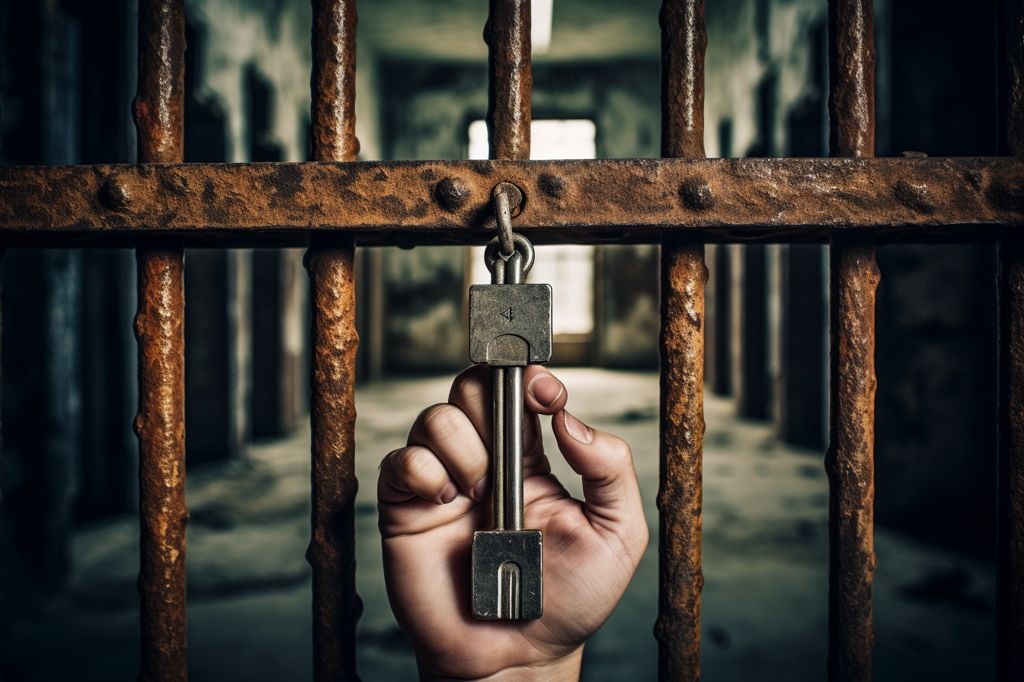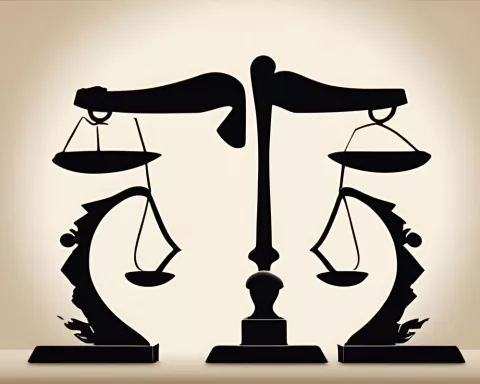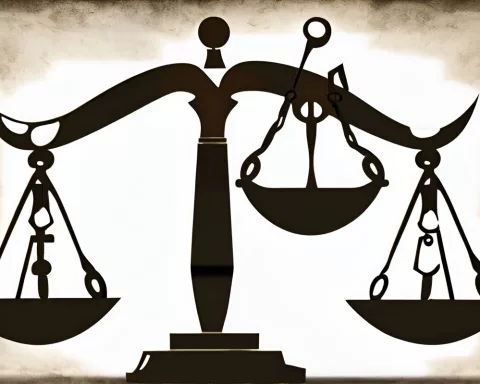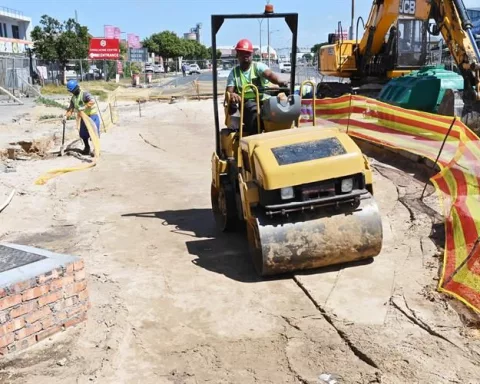Luyanda Mboniswa, who was convicted of killing Marike de Klerk, former wife of South Africa’s ex-president FW de Klerk, will soon be released on parole. In this article, we explore Mboniswa’s case and the complexities of parole in South Africa’s justice system.
The Murder That Shocked the Nation
In December 2001, Marike de Klerk was found dead in her apartment at the Dolphin Beach estate in Blouberg, Cape Town. Luyanda Mboniswa, a security guard at the complex, was arrested, charged, and eventually convicted of murdering her. He received a life sentence for the murder and an additional 15 years for robbery in 2003.
A Painstaking Parole Process
Mboniswa’s parole placement follows the Correctional Services Act, as he has served the minimum required time for his sentence. The process began with the preparation of a profile by the case management committee. The profile was reviewed and analyzed by the correctional supervision and parole board, as well as the national council for correctional services. Finally, the decision was submitted to the minister of justice and correctional services for approval.
Life Under the Watchful Eye of Community Corrections
After his release, Mboniswa will be under supervision for the rest of his life through the community corrections system. He will be assigned a monitoring official who will ensure that he complies with the parole conditions. These conditions include staying within his magisterial district, avoiding any contact with the de Klerk family, and informing his monitoring official of any changes in his residential address.
Rehabilitation and Reintegration: The Ultimate Objective
The Department of Correctional Services views parole as part of a broader rehabilitation program aimed at reforming and modifying the behavior of offenders. By releasing Mboniswa into the community corrections system, the department expresses confidence in his ability to reintegrate into society and turn over a new leaf, provided he adheres to his parole conditions.
While we must remember the magnitude of Mboniswa’s crime and remain vigilant in our pursuit of justice and public safety, we must also acknowledge the possibility of rehabilitation and hope that Mboniswa, like many others, can make amends for his past actions and positively contribute to society.












